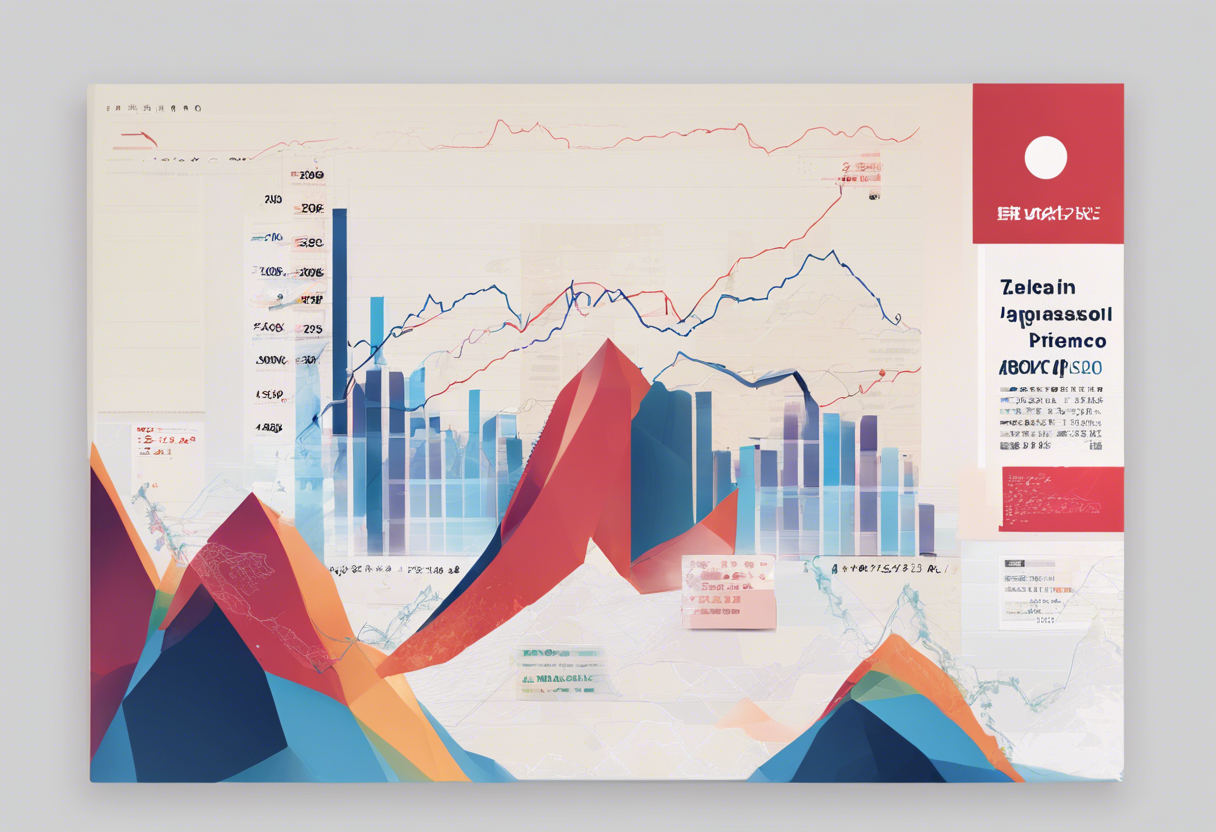In recent years, Japanese stock prices have displayed a mixed trend of ups and downs, making it a challenging market to navigate. The Japanese stock market is known for its volatility and rapid changes, making it a popular destination for investors looking for high-risk, high-reward opportunities. However, analyzing the trends and patterns in stock prices can help investors make informed decisions and capitalize on potential opportunities.
One of the key factors contributing to the fluctuation of Japanese stock prices is the country’s economy. Japan has been facing deflation and a shrinking population for years, leading to slower economic growth and a decline in consumer spending. This has had a direct impact on the stock market, causing it to be more unpredictable. In addition, the Bank of Japan’s unconventional monetary policies, such as negative interest rates and asset purchases, have also affected stock prices. These policies aim to stimulate economic growth but have also created uncertainty in the market.
Another trend worth noting is the influence of global events on Japanese stock prices. Japan’s economy heavily relies on exports, and any significant geopolitical or economic events in major trading partners, such as the US or China, can have a significant impact on the stock market. For instance, the ongoing trade war between the US and China has caused fluctuations in the Japanese stock market, as investors are wary of the potential effects on the country’s
